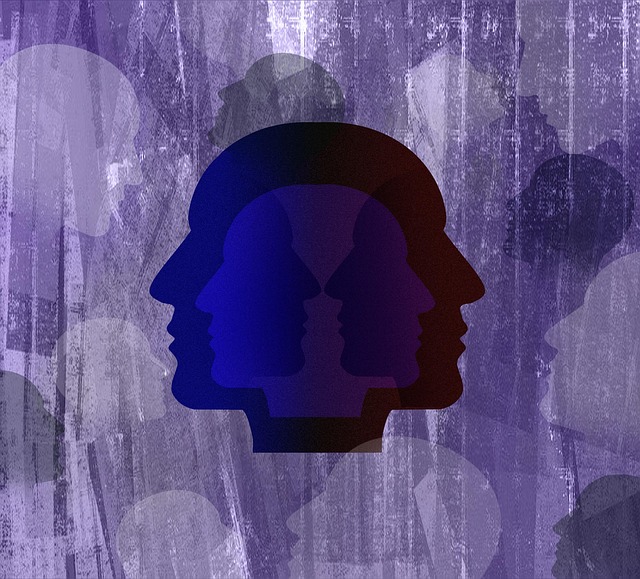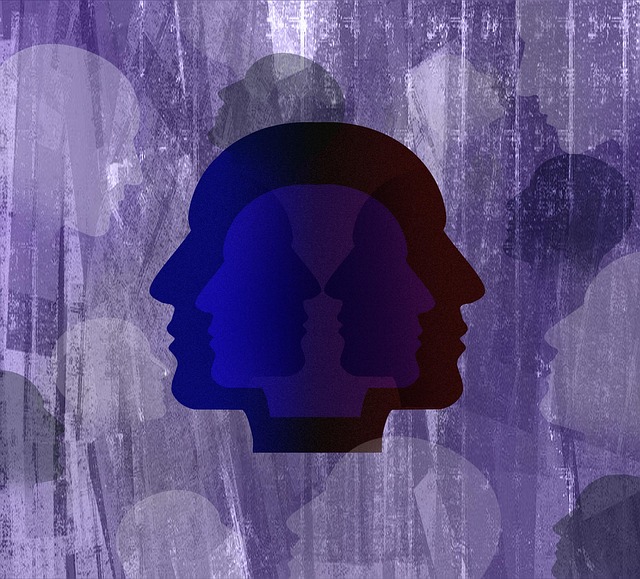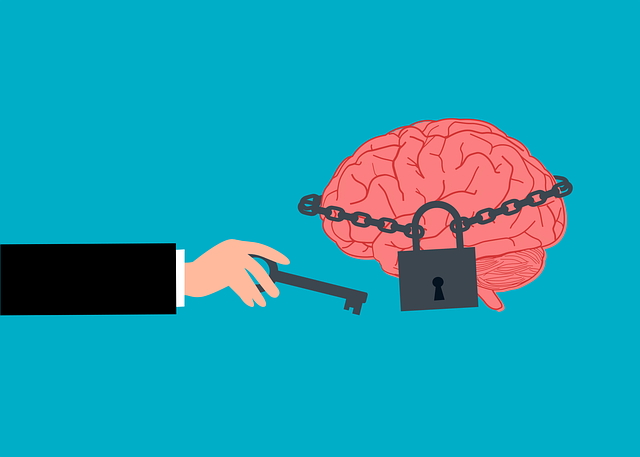The stigma around mental illness, such as Littleton Adjustment Disorder (LAD), hinders access to treatment. This text proposes a multi-faceted approach including LADT for education, risk management planning for safety, peer support groups, community outreach, and Mental Wellness Journaling Exercises to reduce stigma. Specialized LAD therapy offers insights, challenges negative thoughts, and promotes healing, ultimately encouraging individuals to embrace self-acceptance in supportive communities.
Mental illness stigma remains a significant barrier to access and treatment, impacting individuals’ quality of life. This article explores strategies to reduce this pervasive social construct through an in-depth look at its root causes and consequences. We delve into effective approaches within mental health care, emphasizing the transformative power of therapy. Specifically, we highlight Littleton Adjustment Disorder as a case study, showcasing how specialized therapy can help individuals overcome stigma and foster understanding.
- Understanding Mental Illness Stigma and Its Impact
- Strategies for Effective Stigma Reduction in Mental Health Care
- The Role of Therapy in Overcoming Stigma: A Focus on Littleton Adjustment Disorder
Understanding Mental Illness Stigma and Its Impact

Stigma surrounding mental illness is a significant barrier to individuals seeking help and recovery. It manifests as negative attitudes, beliefs, and stereotypes that contribute to discrimination, isolation, and even self-stigmatization. Many people struggling with conditions like Littleton Adjustment Disorder face societal misconceptions, leading to a reluctance in voicing their struggles. This internalized stigma can hinder the pursuit of therapy or other forms of support, perpetuating a cycle of silence and suffering.
Understanding the profound impact of mental illness stigma is crucial. It often delays access to necessary treatment and recovery resources, exacerbating existing challenges. Through Mental Wellness Journaling Exercises and engaging with Mental Health Education Programs designed to promote understanding, we can counteract these effects. Even podcast series productions focused on destigmatizing conversations can foster a supportive environment, encouraging open dialogue and shaping more compassionate communities.
Strategies for Effective Stigma Reduction in Mental Health Care

Stigma reduction efforts in mental health care are multifaceted and crucial for creating an environment that fosters understanding and support. One effective strategy is Littleton Adjustment Disorder Therapy, which focuses on educating both individuals with mental illness and the broader community about the nature of these disorders. By promoting accurate information and personal narratives, this approach helps to dispel myths and misconceptions. Additionally, integrating Risk Management Planning for Mental Health Professionals can ensure safe and effective care, thereby enhancing public trust and reducing stigma associated with seeking professional help.
Implementing strategies like peer support groups and community outreach programs facilitates Anxiety Relief and Emotional Healing Processes. These initiatives create a sense of belonging and normalcy, showing that mental illness is a shared experience rather than a source of shame. Through ongoing dialogue and education, communities can be transformed to better accept and support individuals dealing with mental health challenges.
The Role of Therapy in Overcoming Stigma: A Focus on Littleton Adjustment Disorder

Therapy plays a pivotal role in overcoming the stigma associated with mental illness, particularly conditions like Littleton Adjustment Disorder (LAD). Through structured and personalized sessions, individuals diagnosed with LAD can explore and understand their emotional struggles, breaking down the barriers of shame and isolation often perpetuated by societal misconceptions. The therapeutic process equips them with coping mechanisms and strategies to manage stress, fostering inner strength development.
Specialized therapists employ evidence-based techniques tailored to address LAD symptoms, teaching clients how to recognize and challenge negative thought patterns. By providing a safe space for expression and exploration, therapy empowers individuals to advocate for their mental health needs. This proactive approach not only contributes to the overall goal of Mental Illness Stigma Reduction Efforts but also encourages those affected by LAD to embrace their journey towards healing and self-acceptance.
Mental illness stigma reduction is a multifaceted approach, and as we’ve seen, understanding the root causes and implementing effective strategies are key. From raising awareness to providing supportive therapy, such as that offered for individuals dealing with Littleton Adjustment Disorder, we can create a more inclusive society. By challenging societal norms and embracing empathy, we can break down barriers and ensure those struggling with mental health issues receive the help they need without fear of judgment.














